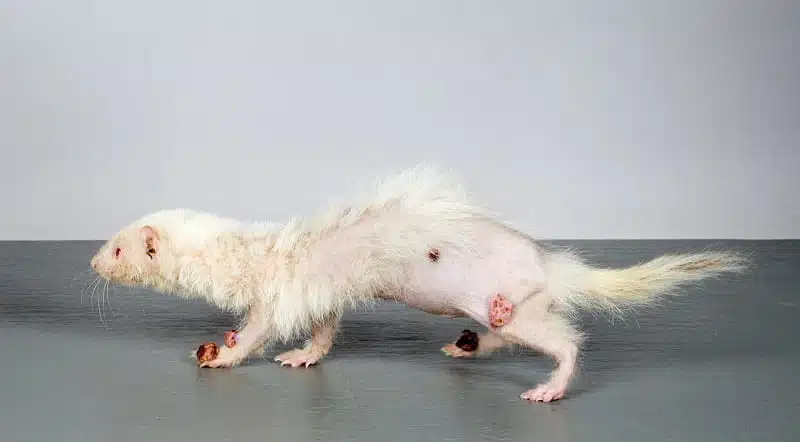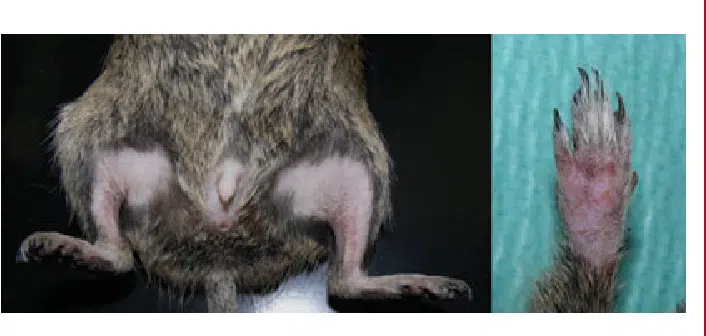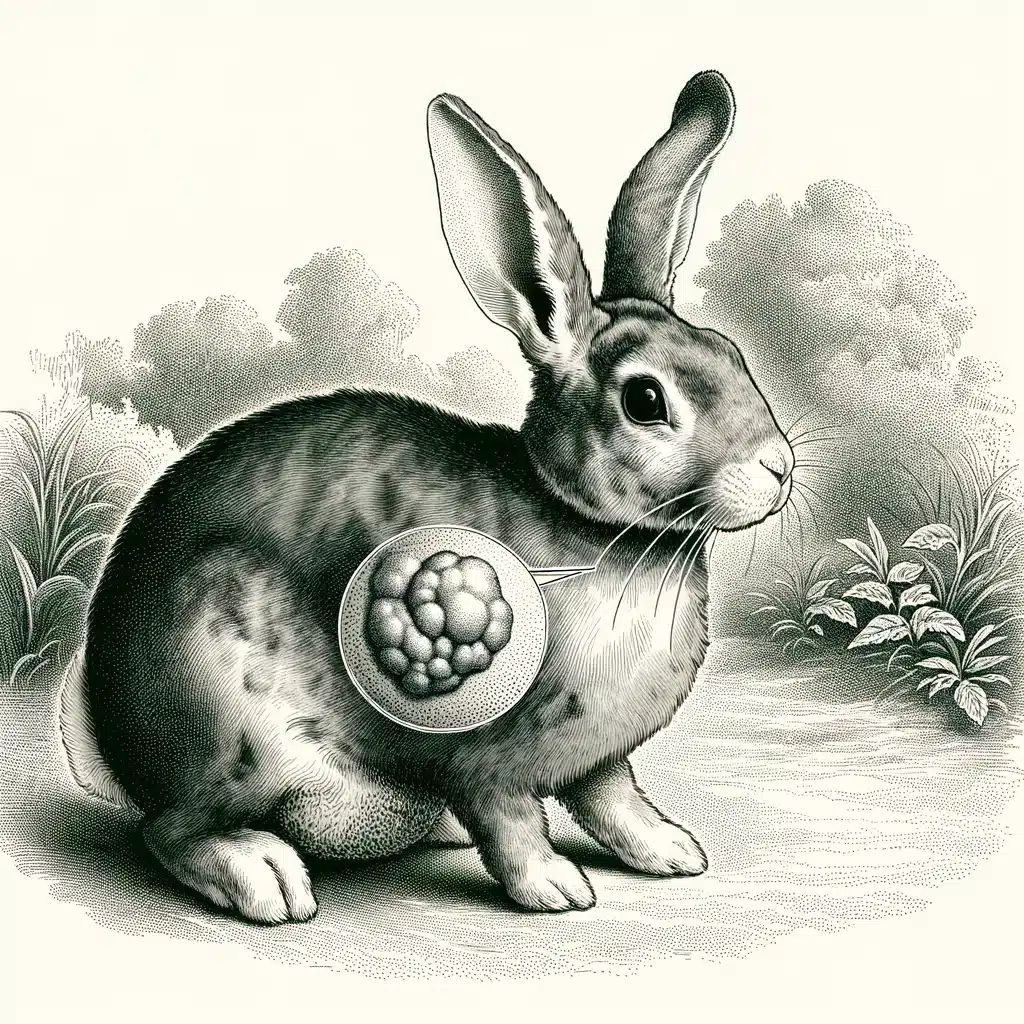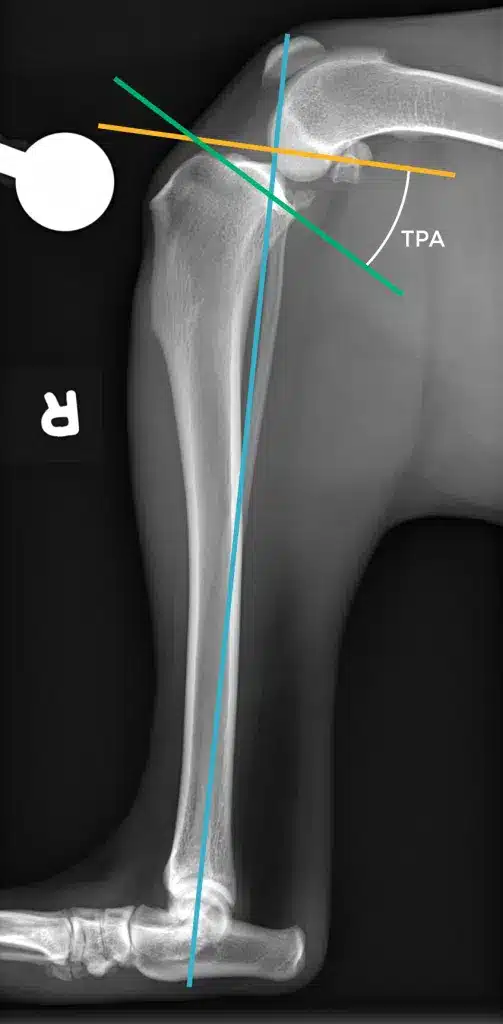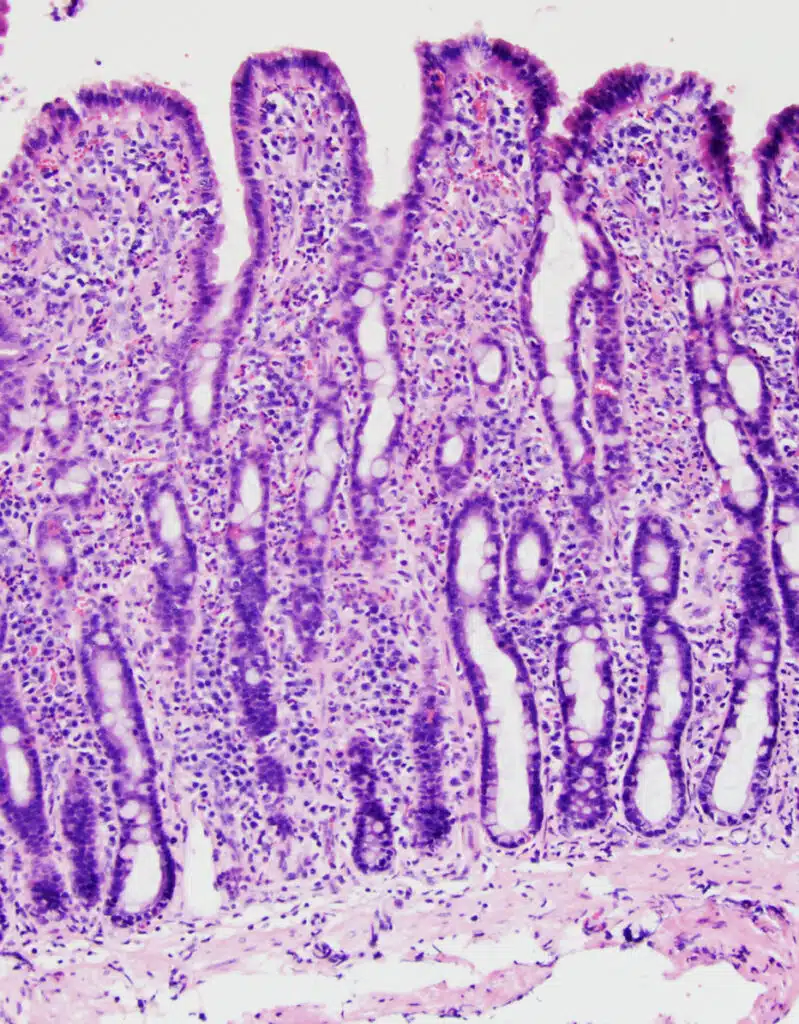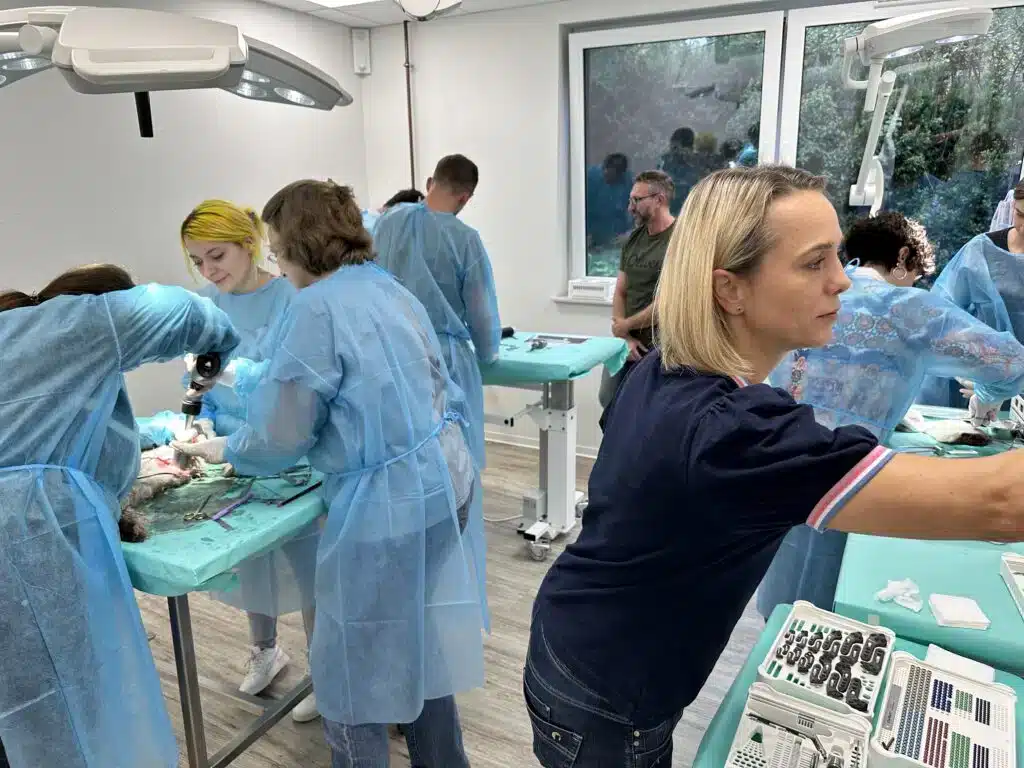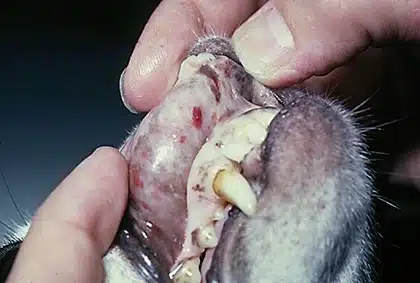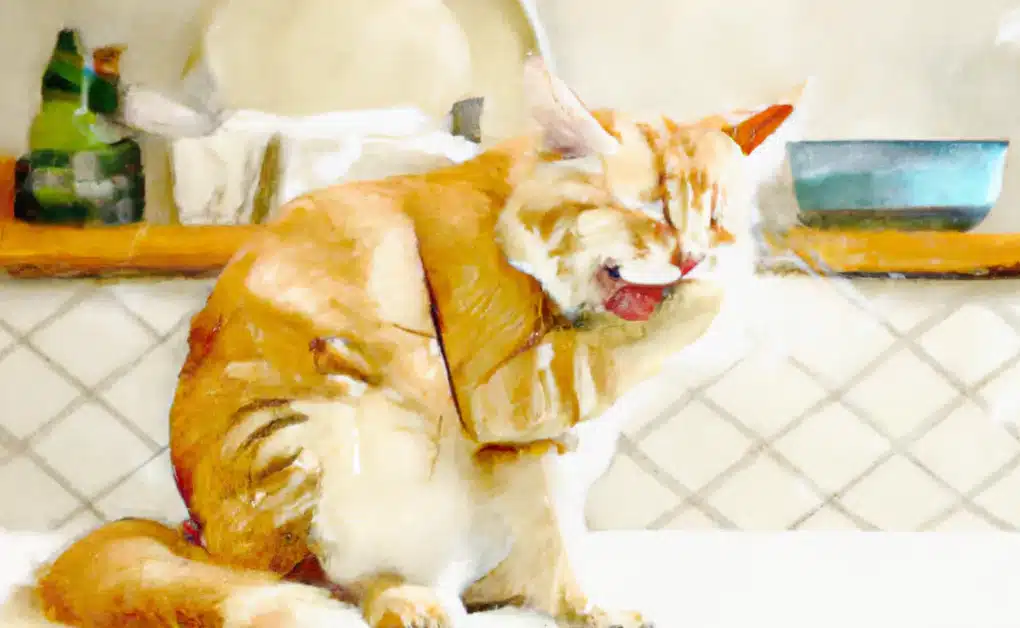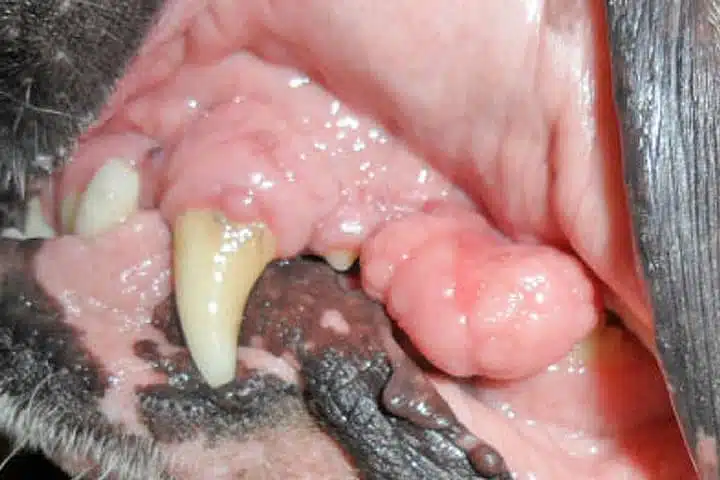Ferret diseases
Ferrets are popular pets known for their lively and playful nature. However, like all animals, ferrets can be subject to various health problems. In this guide, you'll learn all about the most common diseases affecting ferrets, their symptoms, prevention, and treatment options.

